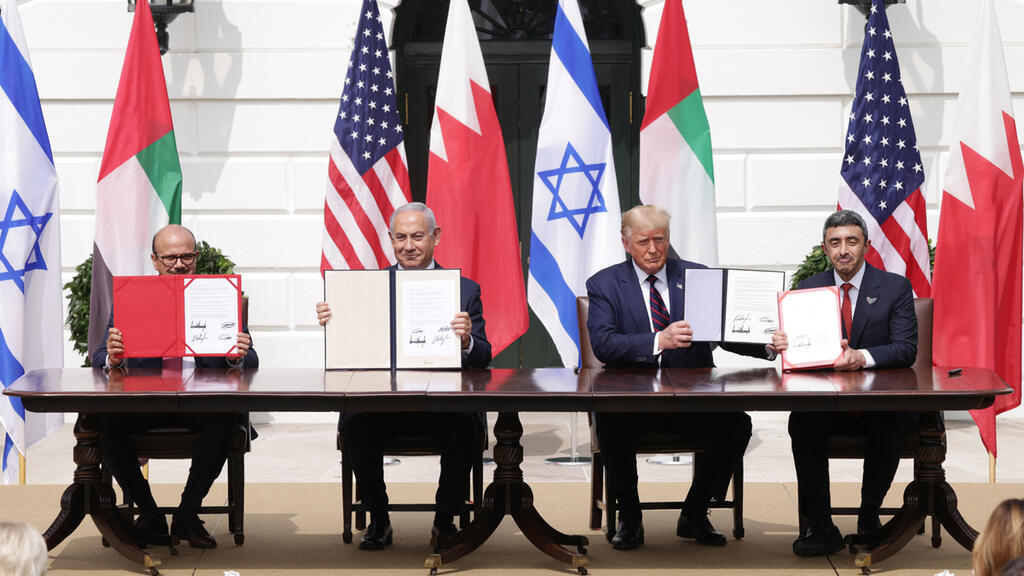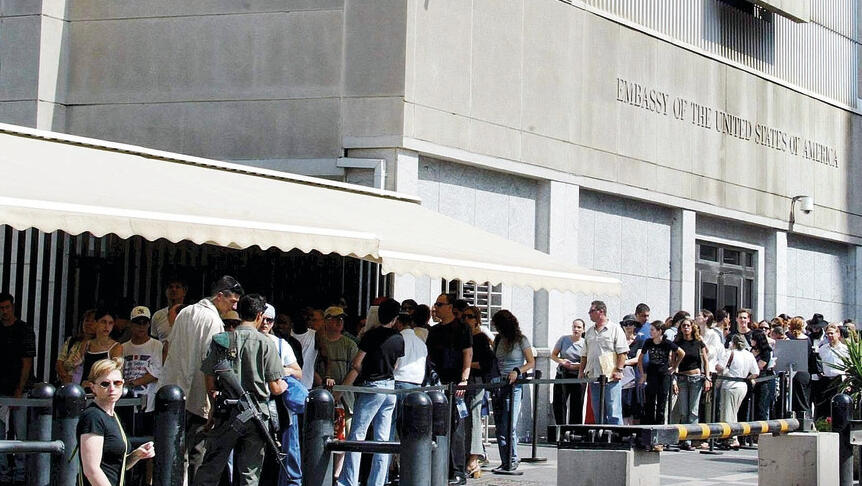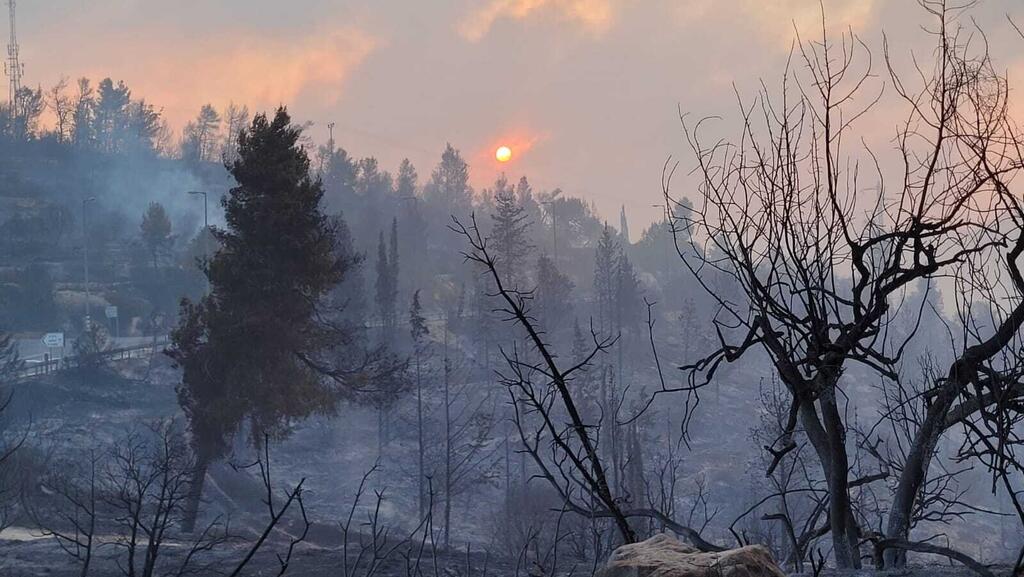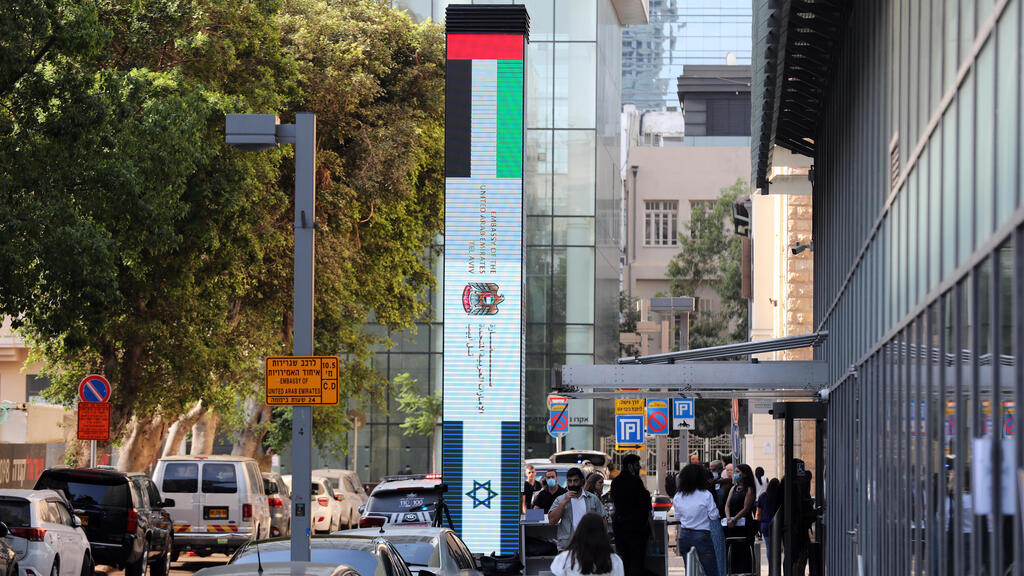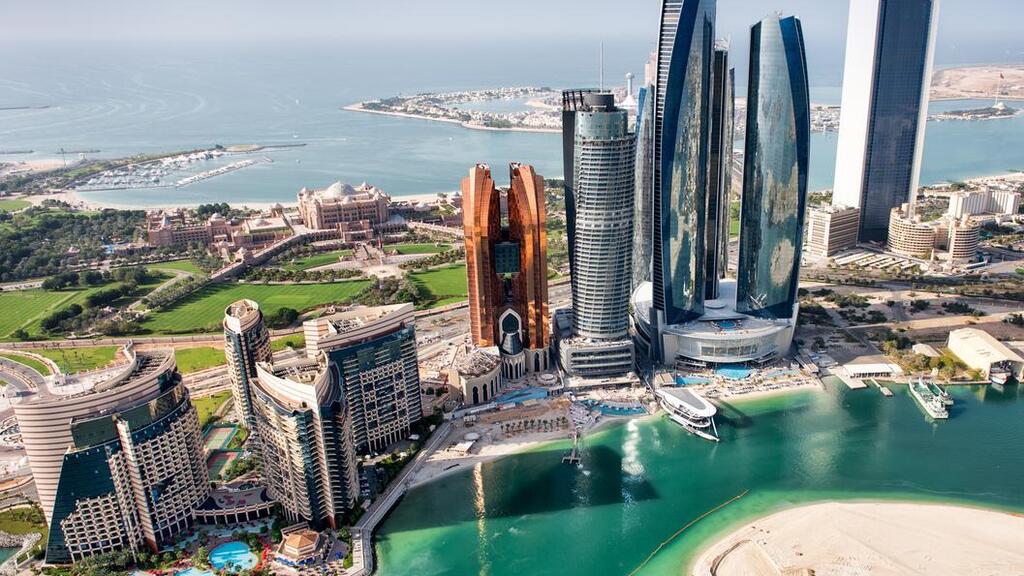Getting your Trinity Audio player ready...
The Abraham Accords, signed at the White House on September 15, 2020, normalized relations between Israel and the United Arab Emirates, strengthening peace in the Middle East by stressing mutual understanding as well as respect for religious freedom.
This bold agreement has given me hope that The Last Sermon – my documentary about inclusion and sustainable coexistence – will get screened in Israel and the United Arab Emirates, and in other Muslim countries. Toward that goal, what happened to me in the month of September 2022 is deeply encouraging, one of the most memorable periods in my entire 30-year career as a freelance journalist and documentary filmmaker. My optimism flows directly from the spirit of the Abraham Accords.
On September 8, I addressed the United Nations Global Congress of Victims of Terrorism, where I expressed my belief that The Last Sermon of Prophet Muhammad, peace be upon him, is the most effective way to counter and defeat the ideology underpinning religious extremism and international terrorism.
Skip forward to September 28-29, when I attended the 2nd Annual Conference on Sustainable Security of the Middle East. The theme of the conference held in Washington, DC was “Climate Change, Challenges and Prospects.” I heard about it from Dr. Kristian Alexander, director of the International Security and Terrorism Program at TRENDS Research & Advisory, an independent UAE company. I had met Dr. Alexander at the TRENDS office in Dubai in May.
I told Dr. Alexander about my film The Last Sermon and my experience as a survivor of the April 30, 2003 suicide bombing of Mike’s Place, a popular live music bar on the beachfront in Tel Aviv, next door to the U.S. Embassy. I was filming a documentary on the bar when two British nationals, affiliated with al-Qaida and supported by Hamas, killed three and wounded more than 50. I survived the terrorist attack, though badly injured.
Dr. Alexander emailed me a few weeks ago: “Just letting you know: a large contingent of TRENDS employees are in Washington DC visiting various think tanks and attending an event co-hosted by TRENDS and Atlantic Council on September 28 and 29. If you happen to be in Washington at that time, please let me know.”
I decided to go and cover the conference.
Climate change in the Middle East? In my estimation, the Abraham Accords point the way forward – international cooperation. I registered my press credentials with the Atlantic Council and three days later I caught the Acela express train at NYC’s Penn Station bound for Washington, DC.
“The dangers of climate change in the Middle East are real,” said Sheikh Nahyan bin Mubarak Al Nahyan, the UAE minister of tolerance and coexistence, in his opening speech. “There is still time to win this battle against climate change in the Middle East.”
I counted 30 researchers, scientists, political experts, and representatives from the World Health Organization and the World Bank who participated in the two-day conference. It was an enlightening lesson for me to listen to climate change experts sharing their knowledge across borders and cultures.
A lot of scary stuff was laid out at the Middle East Climate Conference. Here are the top six: severe water shortages in Iraq and Syria; competition for resources throughout the Middle East ultimately leading to political strife and conflict; outbreaks of diseases such as cholera, malaria, and dysentery; masses of migrant workers and refugees overwhelming national borders; disastrous effects of the war in Ukraine hindering shipments of food to the Middle East and North Africa; ongoing diplomatic impasse between China and the United States slowing down agreements and solutions.
The TRENDS and Atlantic Council conference also highlighted other weather events including record temperatures in Europe, severe forest fires in the U.S., massive flooding in Pakistan, long-lasting dust storms, and the rising sea level in the Mediterranean threatening Alexandria, Egypt, and other coastal cities.
Nonetheless, to me, the Abraham Accords illustrate a simple truth – intractable problems can be solved by nations working together.
“The UAE is one of the first nations to commit to climate neutrality by 2050,” stated Dr. Sultan bin Ahmed Al Jaber, minister of industry and advanced technology and UAE special envoy for climate change. Dr. Al Jaber said that the UAE had invested over $50 billion in renewable energy projects across 70 countries and that his nation had more ambitious plans such as green hydrogen, carbon capture, desalination, and creating and maintaining sustainable partnerships that were once thought impossible.
Dr. Al Jaber said the United Arab Emirates will continue to work with its partners toward “energy transition” and “to help build a better tomorrow.” He went on to say that the UAE is looking forward to hosting the 2023 COP28, the United Nations Climate Change Conference, scheduled for November 2023 in Dubai.
During one of our breaks, I met Elyazia AlHosani, TRENDS deputy chief of the Media Sector and head of the Council for Young Researchers. AlHosani agreed to do an interview with me after the conference ended.
That last afternoon, September 29 to be exact, AlHosani met with me along with two TRENDS executives, sitting around a large table in a quiet office at the Atlantic Council.
AlHosani, who turns 26 in November, was born in Abu Dhabi and raised in the United States and the UAE. She received her bachelor’s degree in humanities and social studies, specializing in international affairs, at Zayed University in Abu Dhabi. AlHosani exemplifies the Abraham Accords generation.
“So, what is your job at TRENDS?”
“My focus is now more on tolerance and coexistence, and the Abraham Accords signed between the UAE and Israel. I take care of the media at TRENDS. We transform long research papers into videos and podcasts that better serve the audience digitally – Twitter, Instagram, LinkedIn, Facebook, and YouTube. We live in an era where people would rather watch videos than read long constructed research papers.”
“You went to Israel after the Abraham Accords were signed?”
“Yes, through the TRENDS Council for Young Researchers we had an internship program at the Moshe Dayan Center at Tel Aviv University. I interned with them for a month. At the same time, we organized the first-ever conference with an Emirati-based think tank, focusing on the Abraham Accords. We got together different experts and professors, and we talked about the accords and their influence on culture, the media, and the economy.”
6 View gallery
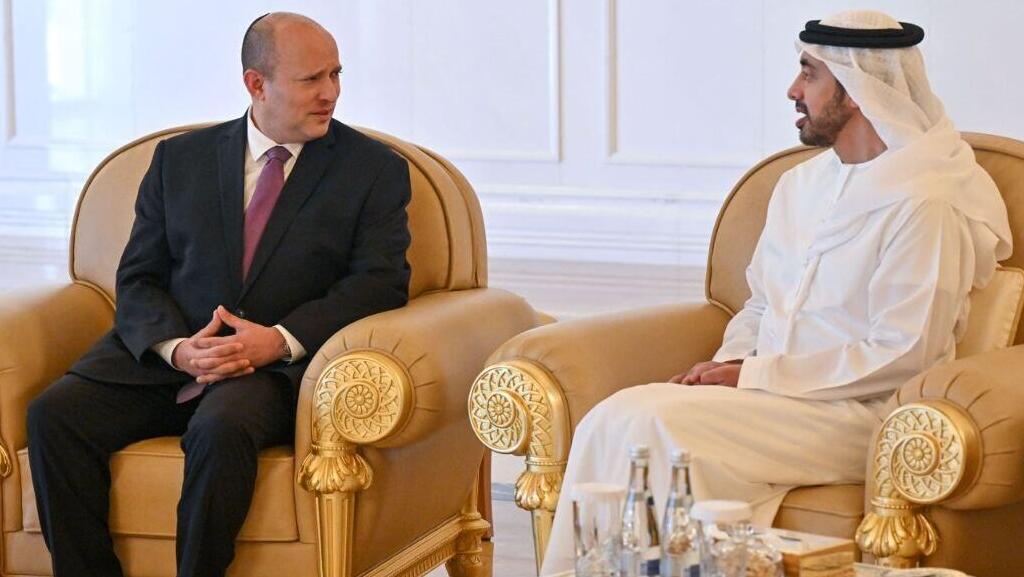

Alternate Prime Minister Naftali Bennett meeting with UAE's Foreign minister Abdullah bin Zayed
(Photo: Kobe Gideon, GPO)
“What are your personal feelings about the Abraham Accords?”
“OK,” AlHosani explained, “I think the normalization between our countries is no surprise to the youth because, before anything, before being a researcher and expert in the media, I’m an Emirati. And what an Emirati means is to be tolerant, moderate, resilient, peace-loving, and developed. So, when you’re born and you’re raised in a country that opens the doors for cultural diversity, this agreement is not a surprise to us. And, through my experience, I got the chance to look through the unfiltered lens of who Israelis really are."
He added: "I can truly say that, if my experience brought that into place, it’s a bright future indeed for both nations. What I experienced through the people-to-people connection is that we do have a common denominator between our two nations, we both possess a Middle Eastern identity. And we are both moderate and resilient and peace-loving. We all have one aim – stability in the region. I enjoyed my time in Israel. I don’t want to say they are just my friends now; they are more family to me because they welcomed me with open arms. As diverse as I am, they are as well.”
Thank you, Elyazia, for sharing your optimism with me. And congratulations to Israel and the United Arab Emirates for the Abraham Accords and working together toward peace and reconciliation in the Middle East.
The story is reprinted with permission from the Media Line


